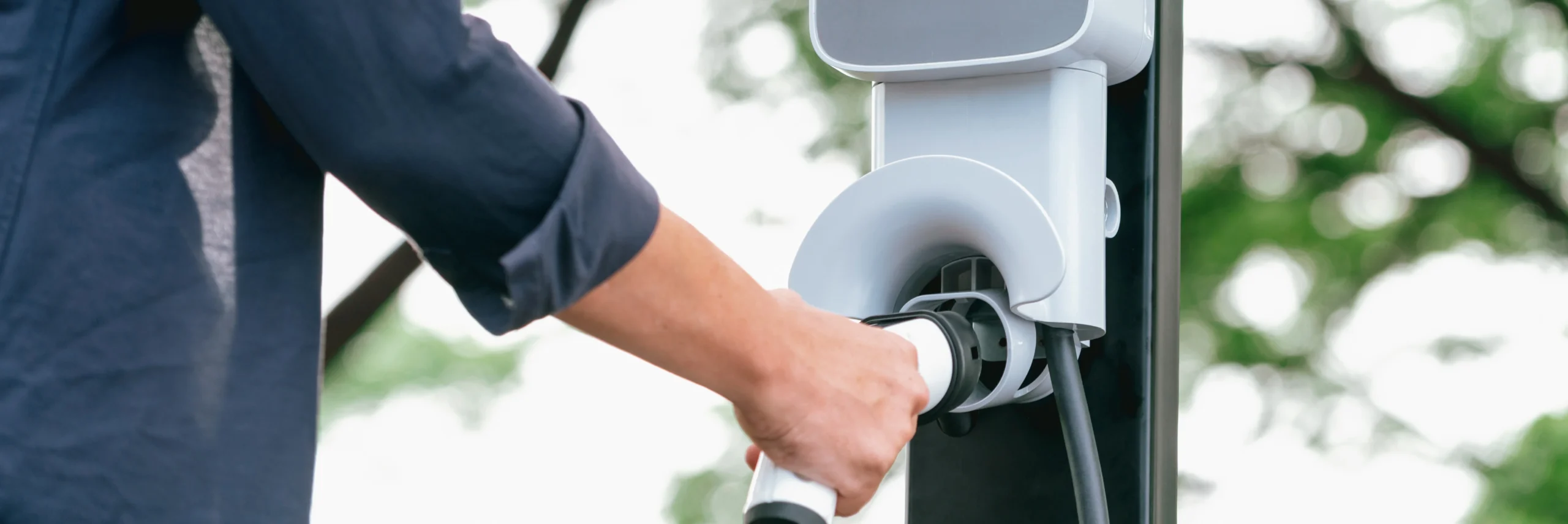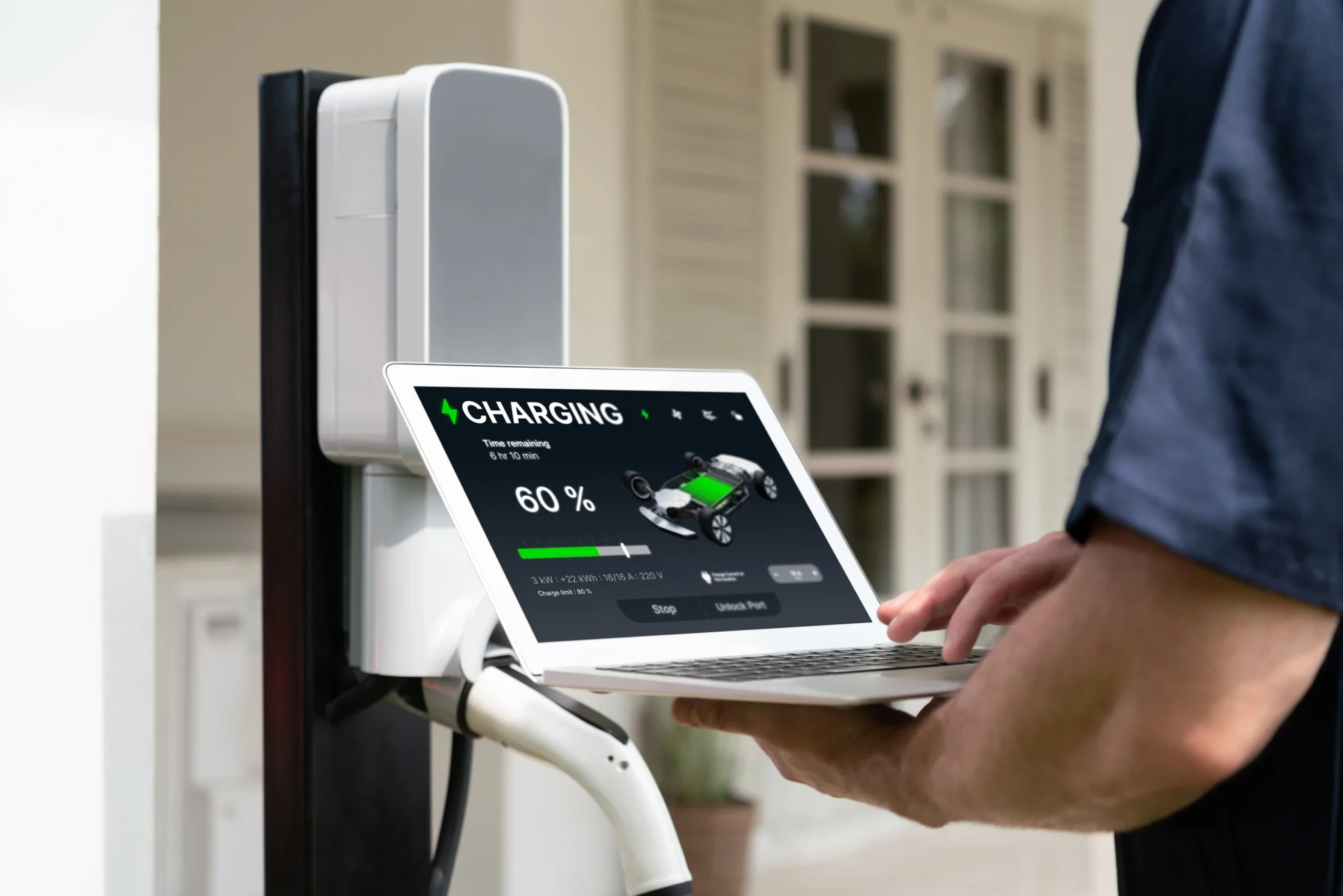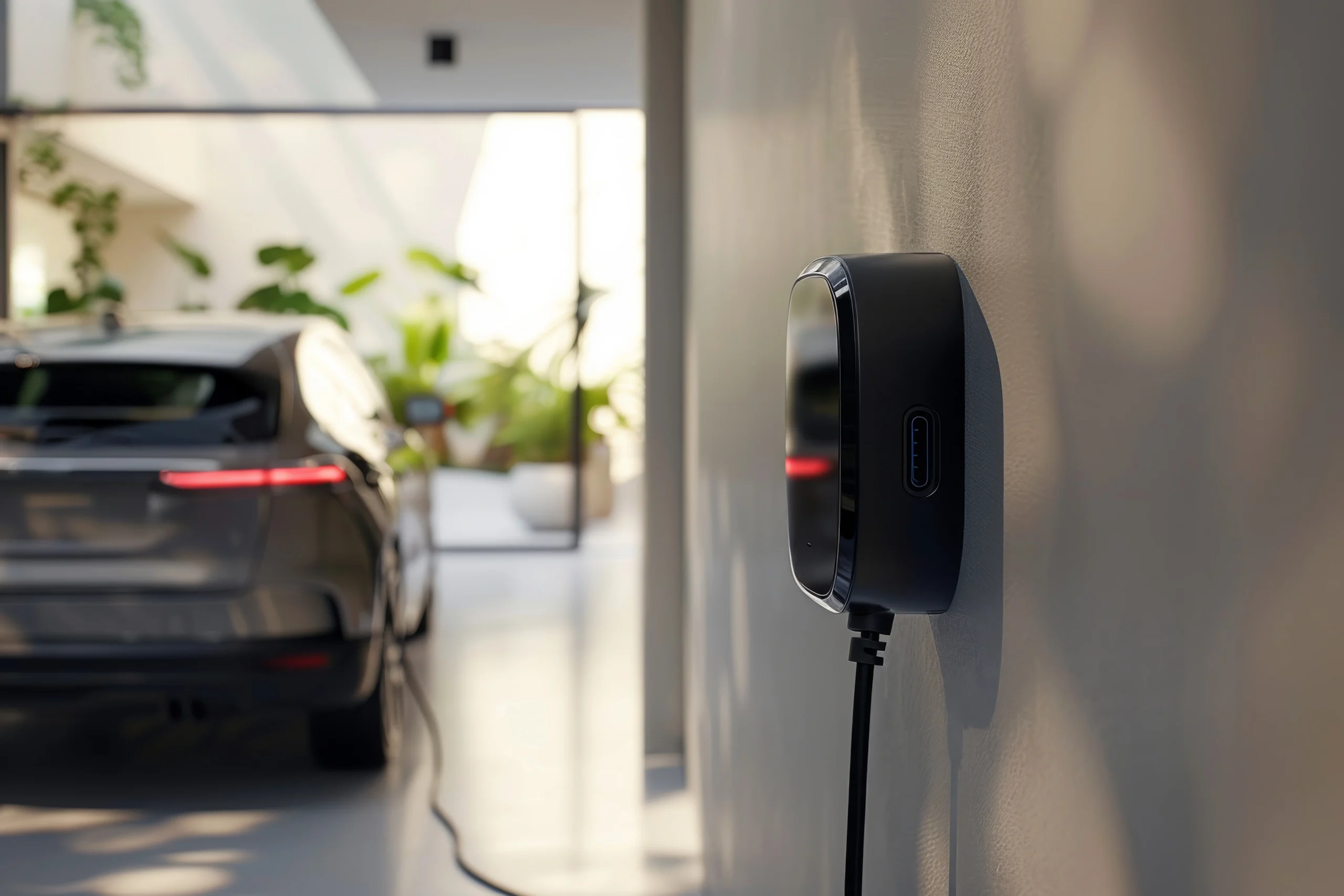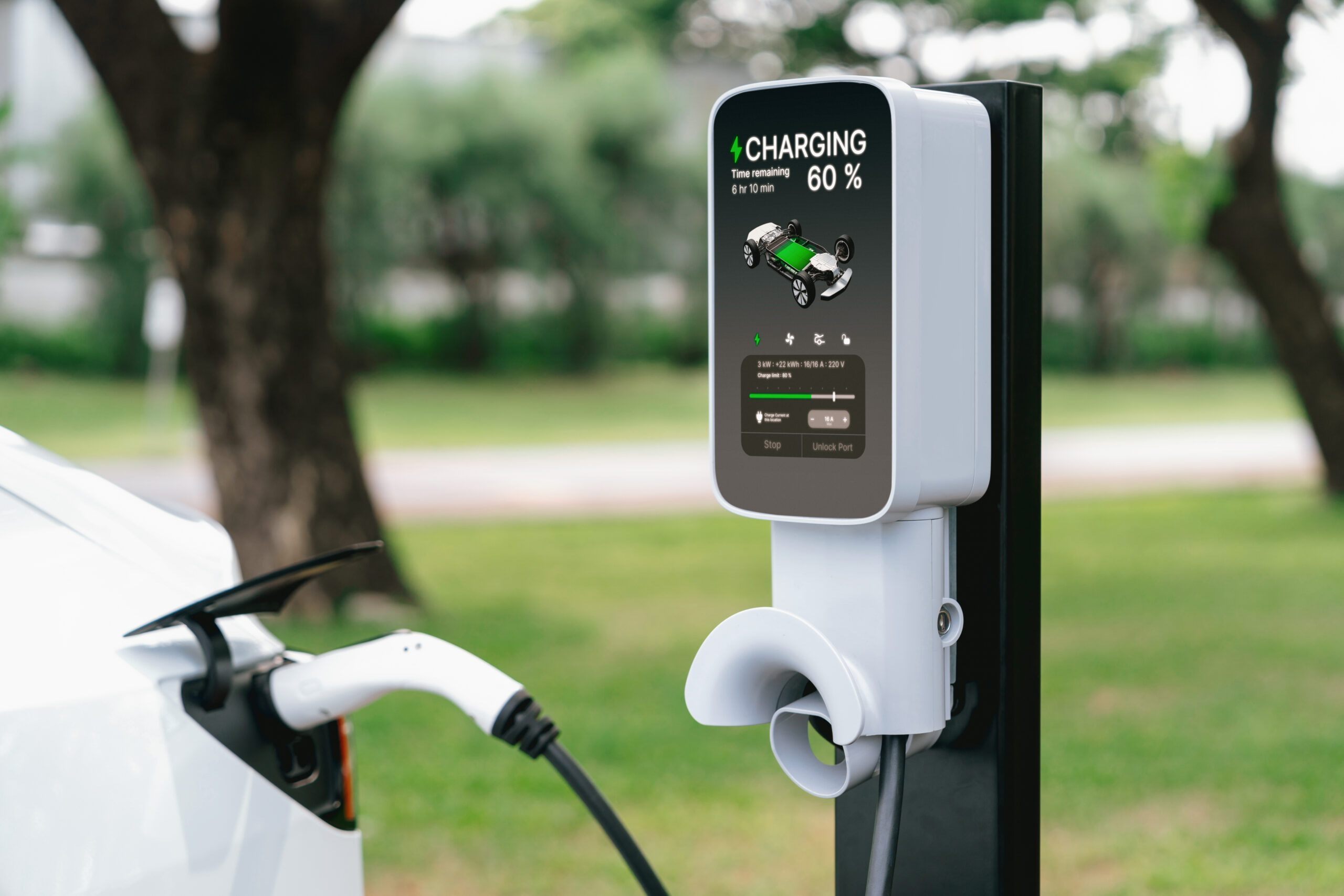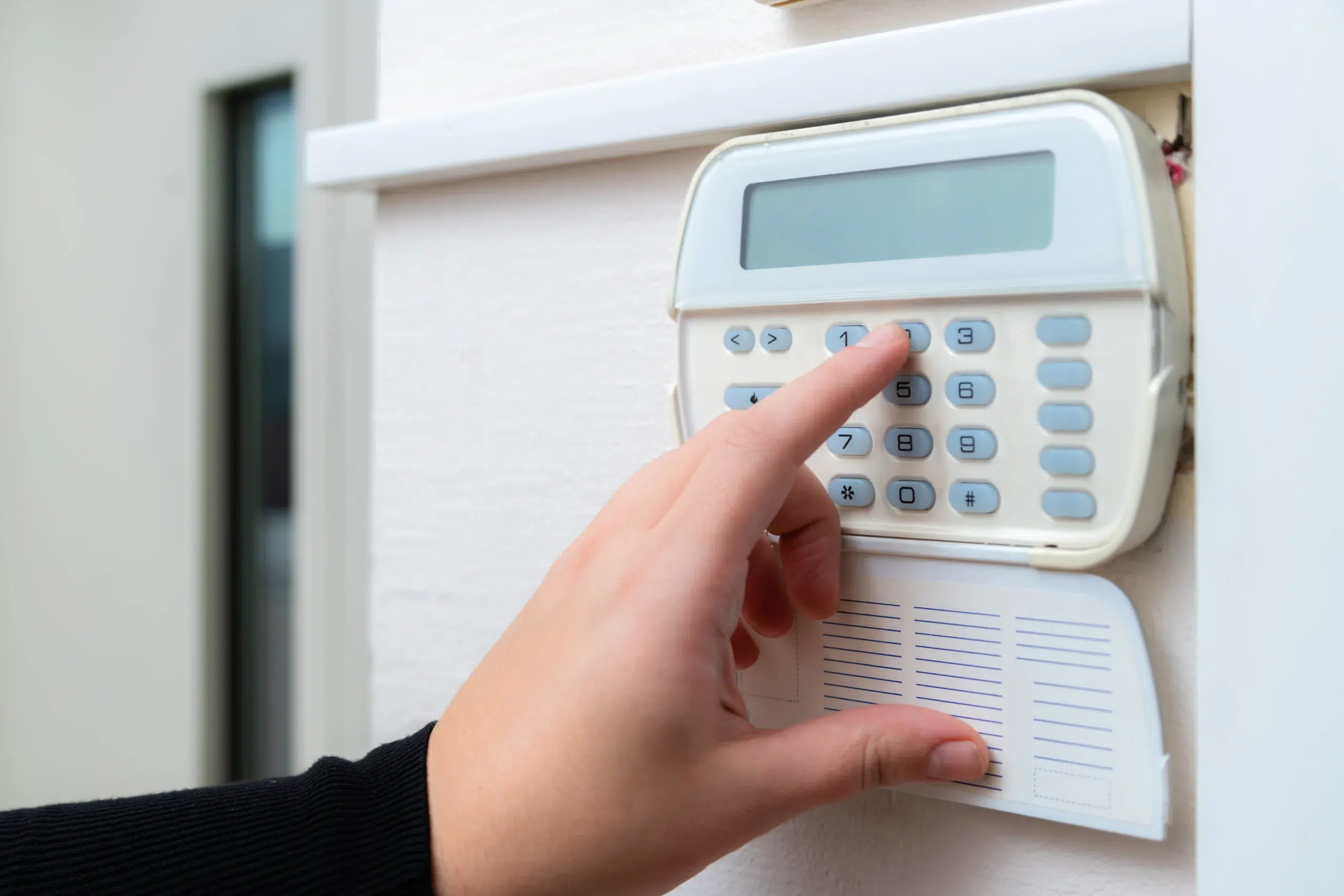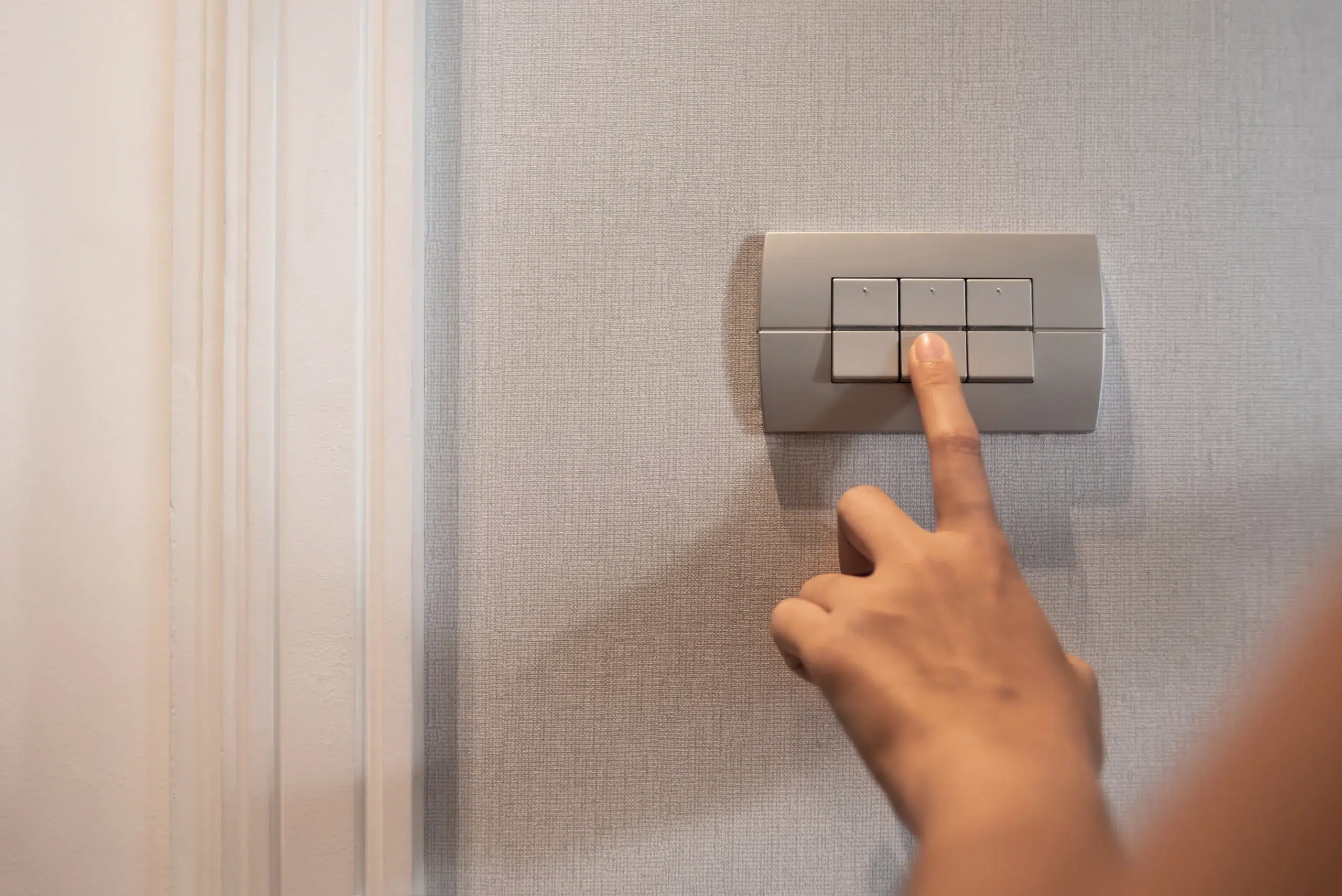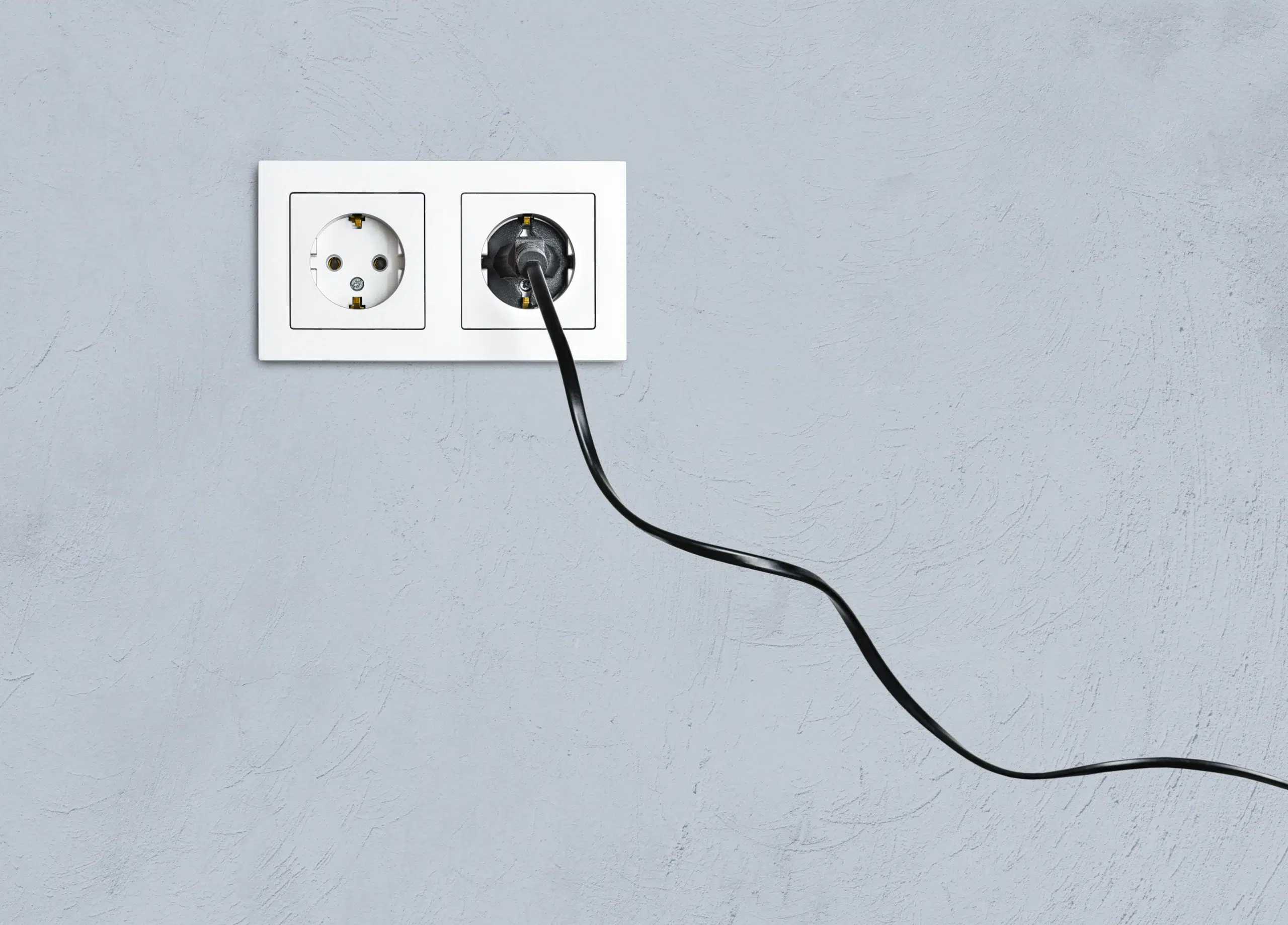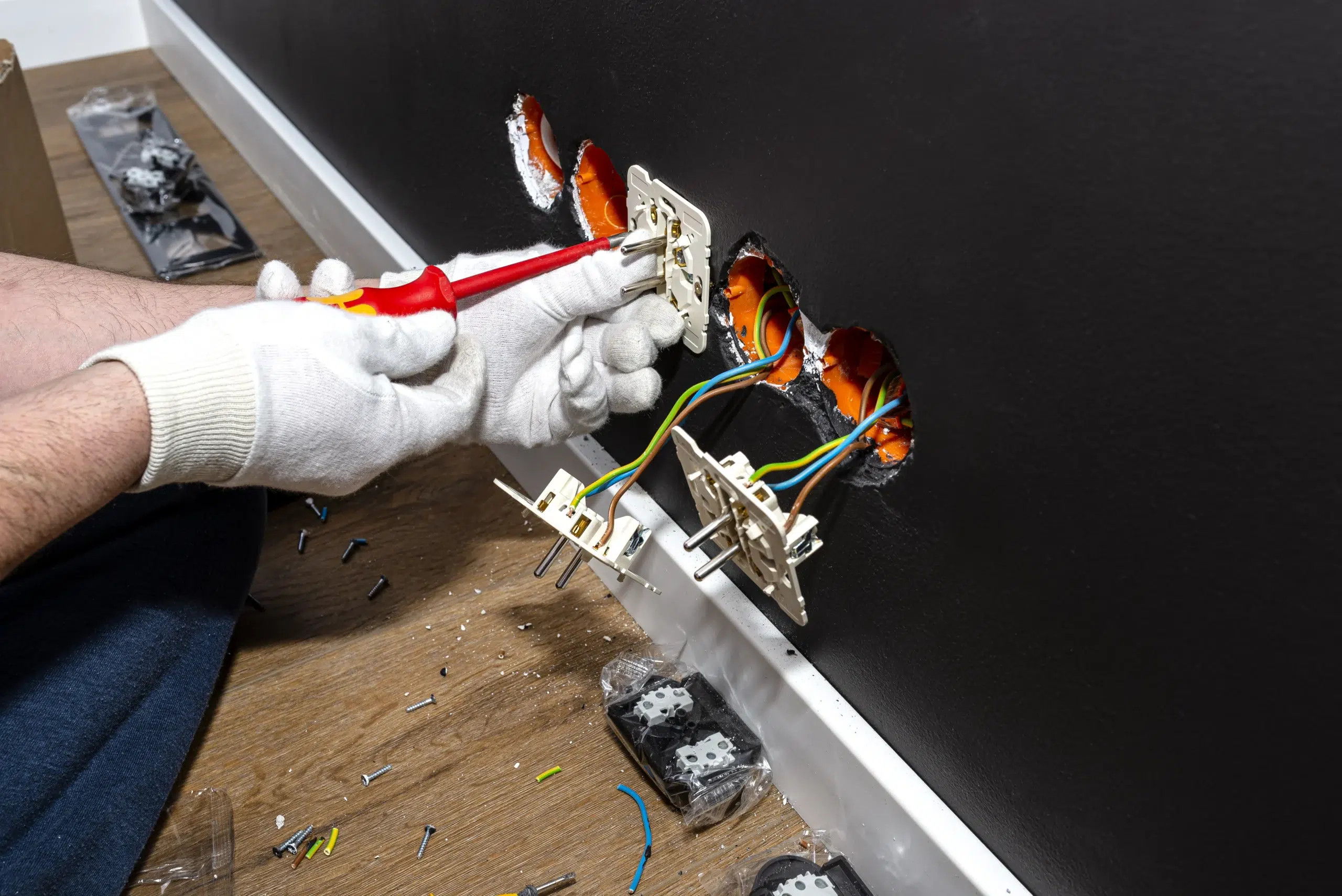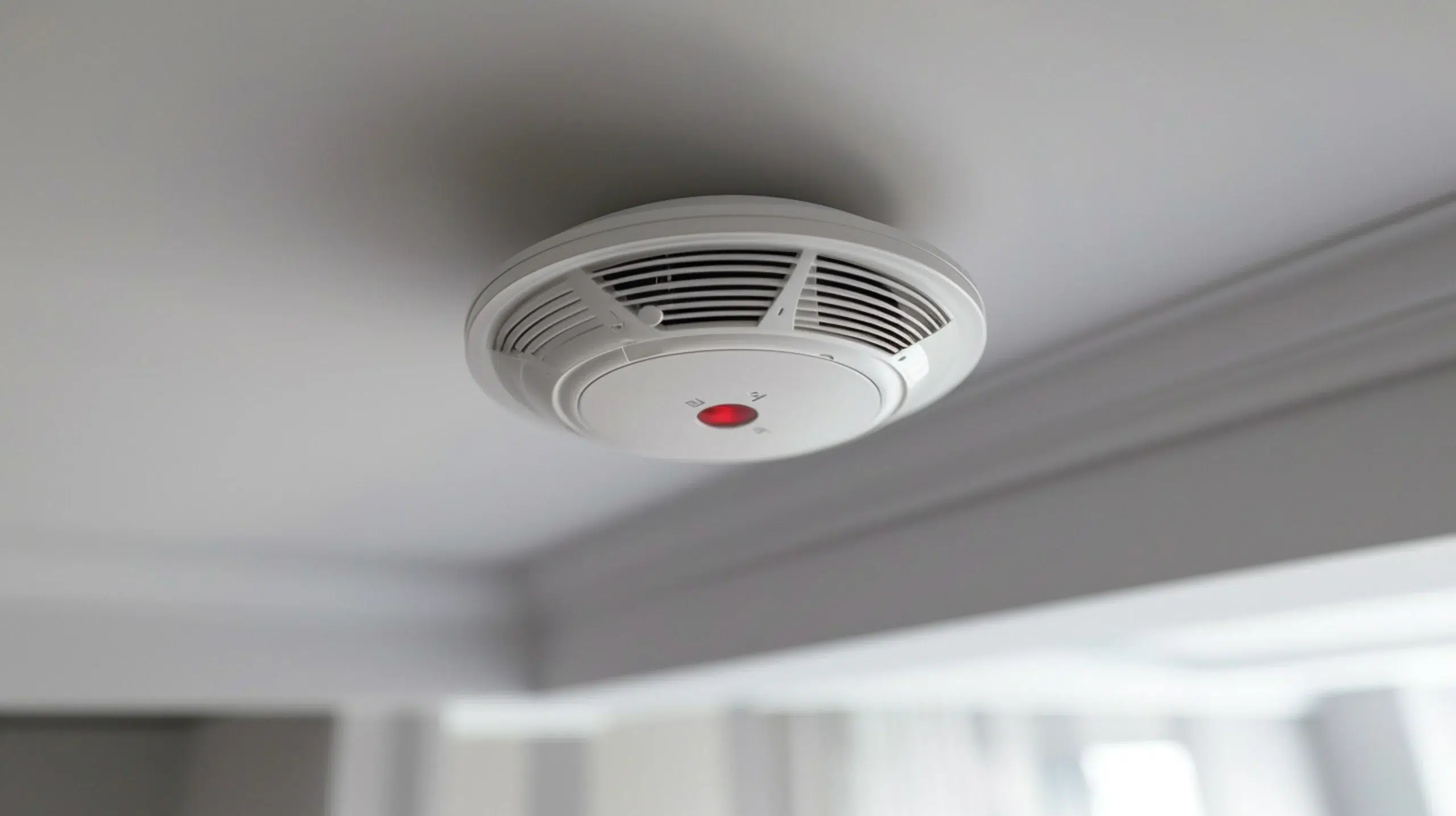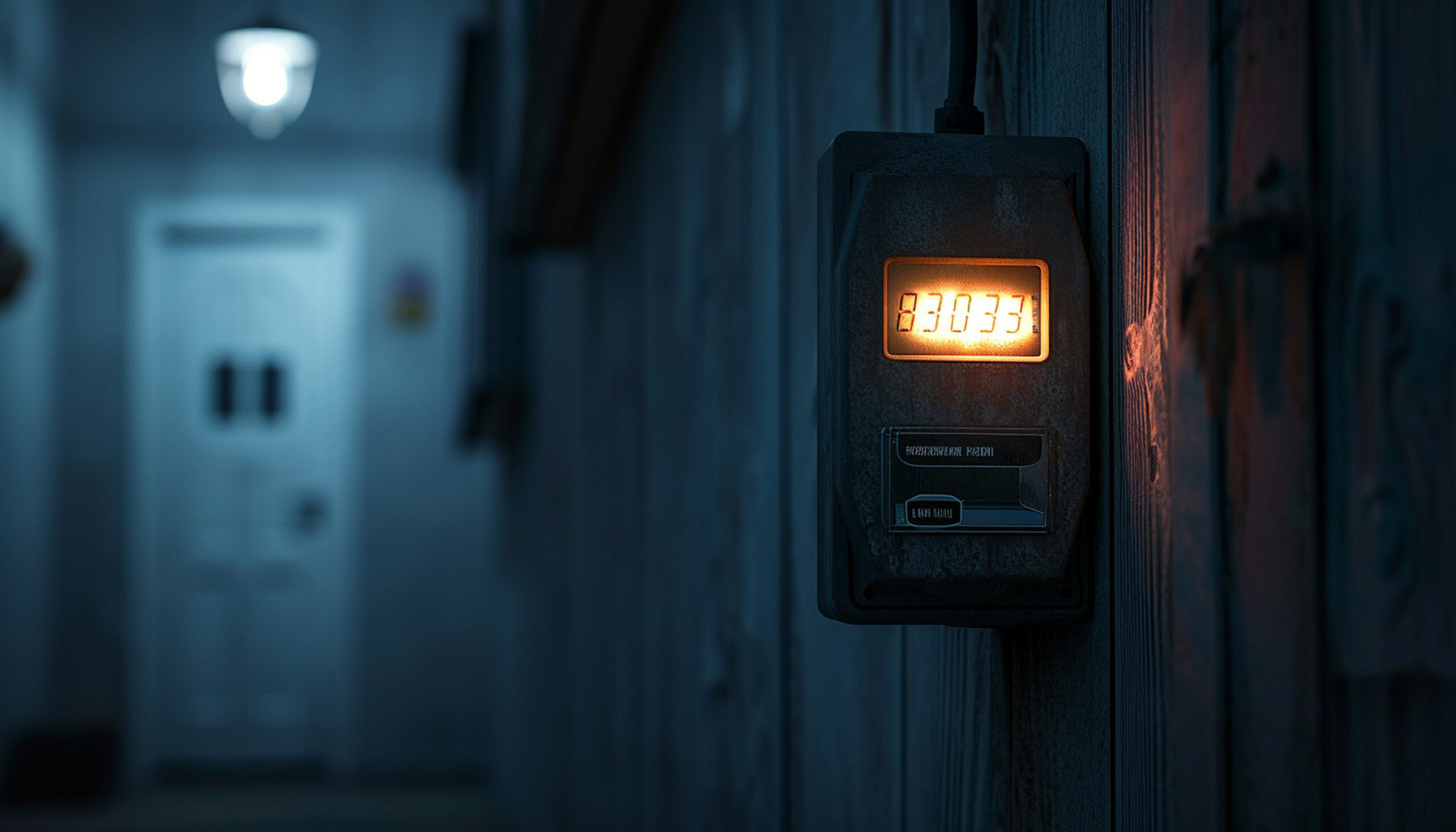Understand Smoke Detectors
Common Reasons Your Hard-Wired Smoke Detector Is Beeping
Backup Battery is Low
Dust in the Unit
Electrical Issues
Hard-wired smoke detectors are connected to your home’s electrical system, and power surges or electrical faults can cause them to beep. Loose connections, a faulty circuit, or a temporary outage may set off the warning sound. If you suspect electrical problems, consult a licensed electrician to inspect and repair the system safely.
Detector Requires Resetting

What to Do When Your Smoke Alarm Is Beeping?
Check for Fire or Smoke
Reset the Smoke Alarm
Reset the Alarm
After cleaning and replacing the batteries, reset the smoke alarm to clear any lingering error signals. Press and hold the test or reset button for 15–20 seconds until you hear a beep. If the unit is hardwired, you may need to turn off the power at the circuit breaker first. A reset can correct false alarms caused by memory errors or prior battery issues. Always refer to the manufacturer’s guide for model-specific instructions.
Verify the Smoke Alarm’s Wiring
If you’re unsure or uncomfortable doing this yourself, hire an electrician. Fixing the wiring ensures there are no electrical interruptions and your system functions normally without unnecessary beeping.
Check the Smoke Alarm’s Power Source
How Often Should You Replace or Maintain Your Smoke Alarm?
Test your smoke detectors monthly
Replace backup batteries annually
Clean your detectors twice a year
Replace the entire unit every 8–10 years
Conclusion
A beeping hard-wired smoke detector is your home’s way of telling you something is wrong—whether it’s a dying battery, dusty sensor, or electrical fault. Don’t dismiss it as a mere annoyance; your safety may be at stake. Taking a few minutes to check and service your alarm could save your life in an emergency. If you’ve followed all the recommended steps and the beeping persists, it may be time to call a licensed electrician. Your smoke detector is one of the most basic yet essential devices in your home.
93 Exley Road Wedderburn NSW 2560 Campbelltown & South West Sydney
Why Installing Your Own EV Charger Could Void Your Car’s Warranty and Insurance
Why Installing Your Own EV Charger Could Void Your Car’s Warranty and Insurance Category: The...
Read MoreThe Hidden Damage Rodent Cause to Electrical Wiring and Insulation
What Does a Pre-Installation EV Charger Inspection Entail? Category: Installing an EV charger at your...
Read MoreThinking of Installing an EV Charger in Your Apartment or Shared Parking Area? Here’s What You Need to Know
Thinking of installing an EV charger in your apartment or shared parking area? Here’s what...
Read MoreIs It Safe to Install an EV Charger Outdoors in Sydney’s Weather Conditions?
How to Choose the Right Gate Intercom for Your Property Category: The increased availability of...
Read MoreHow to Choose the Right Gate Intercom for Your Property
How to Choose the Right Gate Intercom for Your Property Category: Selecting the appropriate gate...
Read MoreThe Light Switch Feels Warm or Smells Burnt — What Should I Do?
The Light Switch Feels Warm or Smells Burnt — What Should I Do? Category: Light...
Read MoreWhy Do I Get a Small Electric Shock from My Appliances?
Why Do I Get a Small Electric Shock from My Appliances? Category: Small electric shocks...
Read MoreElectrical Surges Damaging Your Appliances? Here’s What You Can Do
Electrical Surges Damaging Your Appliances? Here’s What You Can Do Category: An electrical surge refers...
Read MoreWhat are the types of smoke Alarms and How Does It Work?
What are the types of smoke Alarms and How Does It Work? Category: A smoke...
Read MorePower Outage in Just One Room? Here’s What Could Be Causing It
Power Outage in Just One Room? Here’s What Could Be Causing It Category: Experiencing a...
Read More
